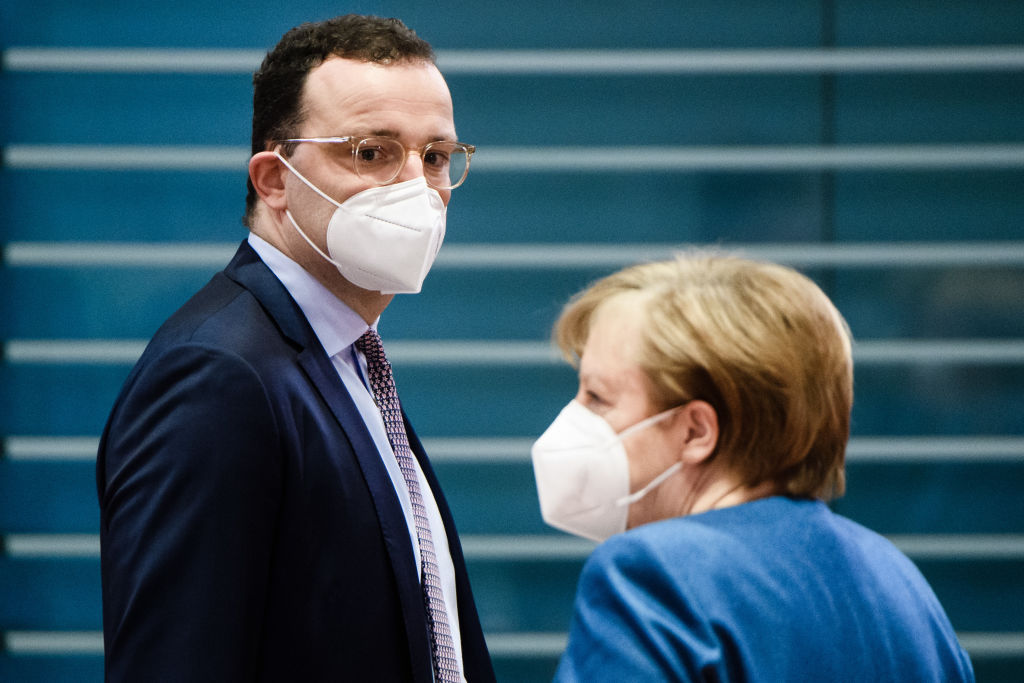Germany’s decision to stop using the AstraZeneca COVID vaccine has been condemned internationally. It has also gone down badly with Germans. Once again, the country’s health minister Jens Spahn is under fire.
A year into the pandemic, Germans are fed up with what they see as a government which is too cautious to use its only weapon out of this crisis. Even before the suspension of the vaccine this week, the rollout was painfully slow. While Britain has issued 22 million doses, Germany is lagging way behind: only 9.3 million of its people have received their vaccinations. This latest hold-up will only further slow down the vaccine program. And Germans fear that this means the anticipated end of most corona-related restrictions by summer is now more and more unlikely.
Spahn did himself few favors when he underlined how there had been only seven cases of cerebral venous sinus thrombosis (out of nearly two million people) possibly linked to the shot. This handful of reported incidents — involving six women and one man, of which three have died so far — have occurred among 1.6 million vaccinations with the Oxford product.
Yet while this might seem reason to worry, it appears that such blood clots occur approximately two to five times per one million people per year in the general population anyway. If this is correct, it would suggest the decision to suspend the rollout is a mistake.
Even members of the Robert Koch Institute, Germany’s federal government agency responsible for disease control, were skeptical about the decision. Dirk Brockmann argued that the risk of dying through COVID-19 is a thousand times higher than through thrombosis following a vaccination. Many women were also quick to point out that the risk of thrombosis appears to be higher when taking birth control pills, yet medics have shied away from preventing the sale of that drug. ‘We deliberately take on much higher thrombosis risks elsewhere than they might now — perhaps — come by the way of vaccination,’ Fabian Schmidt, a journalist from Deutsche Welle, noted.
Only a few defended Spahn’s decision, arguing that the health ministry might be liable if it is indeed proven that the three deaths caused by thrombosis are related to the AstraZeneca jab. ‘As the vaccination campaign is organized by the state, a confirmation could have led to physical injury lawsuits. It would also have been political suicide,’ Judith Görs, a journalist from ntv, said. But what seems more likely is that in the coming days, the vaccine program will resume, and precious time — and lives — will have been lost.
As for Spahn’s political career, if it wasn’t over before, events this week could well prove to be the final nail in the coffin. Only a few months ago, the 40-year-old was considered a potential candidate to succeed Angela Merkel following the general election in September. But now, many Germans have come to the conclusion that Spahn — who has made such a bungle of the rollout of the COVID shot — is simply not up to the job.
This article was originally published on The Spectator’s UK website.


















